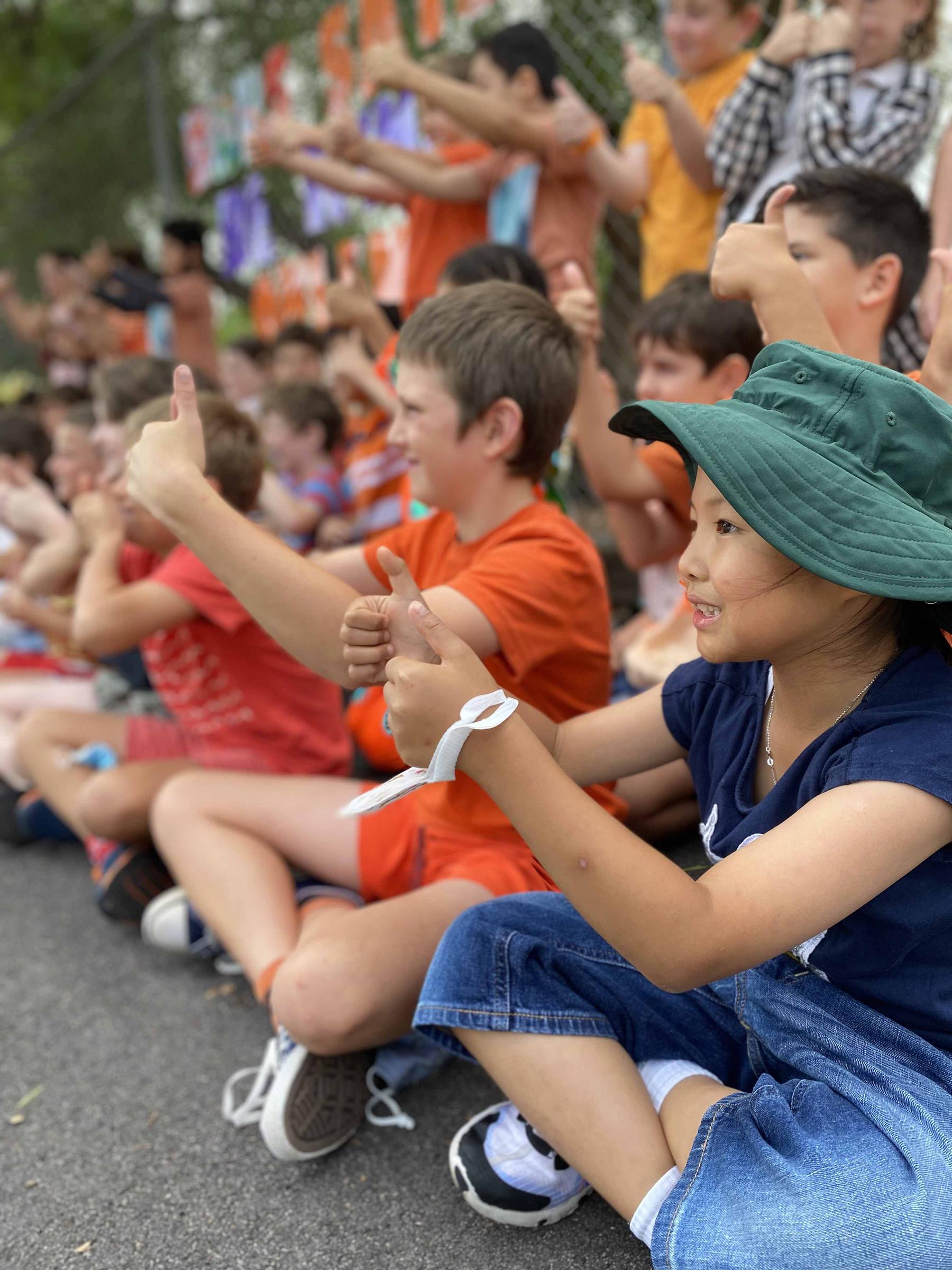WELLBEING
PARENT INFORMATION SESSION - Andrew Fuller
Tuesday 3rd May 6.00pm - 7.00pm - Zoom
SAVE THE DATE:
Andrew is well known for his presentations supporting parents to understand the developmental social and emotional stages for children. He is a noted Author, Clinical Psychologist and Family Therapist. He is also Ambassador of Adolescent Success,
Ambassador of Lions Wellbeing and an Hon. Fellow, Uni of Melbourne.
Andrew will identify some of the behavioural impacts the pandemic has had on our students and the important interventions that we can use to support social and emotional wellbeing.
When we talk about Social and Emotional Learning, we consider 5 key areas
- Self-awareness
- Self-management
- Social awareness
- Relationship skills
- Responsible decision making
With two interrupted years, and the fatigue of end of term now upon us, the conversations we have at home and in the classroom are crucial to supporting students in these areas, by providing opportunities to reflect and debrief, perspective take and problem solve.
SOCIAL DEVELOPMENT is about learning the skills needed to relate to and interact with others. Everyday communication with others is complex! For some individuals, joining in and getting along with others is natural, for others they need the support to learn the skills required.
What are the building blocks necessary to develop social skills? (From Kid Sense)
- Attention and concentration: Sustained effort, doing activities without distraction and being able to hold that effort long enough to get the task done.
- Receptive (understanding) language: Comprehension of language.
- Expressive (using) language: The use of language through speech, sign or alternative forms of communication to communicate wants, needs, thoughts and ideas.
- Play skills: Voluntary engagement in self motivated activities that are normally associated with pleasure and enjoyment where the activities may be, but are not necessarily, goal oriented.
- Pre-language skills: The ways in which we communicate without using words and include things such as gestures, facial expressions, imitation, joint attention and eye-contact.
- Self regulation: The ability to obtain, maintain and change one’s emotion, behaviour, attention and activity level appropriate for a task or situation in a socially acceptable manner.
- Executive functioning: Higher order reasoning and thinking skills.
- Planning and sequencing: The sequential multi-step task or activity performance to achieve a well-defined result.
Some ways that you can help your child in this area include:
- Promote deeper thinking: When your child comes home and shares what happened at school that involved another child ask, “What happened before that?” “How do you think X felt?” “How was it solved?”
- Communicate effectively: Model and ‘think aloud’ to draw attention to body language, posture, eye contact and tone of voice and what that tells us about how someone is feeling.
- Appreciate diversity: Talk about differences, that different people are learning different things, that we all have different needs and that’s ok.
For more, go to:
BEYOU social development fact sheet
PARENTING SCIENCE: social skills activities to forge positive relationships
